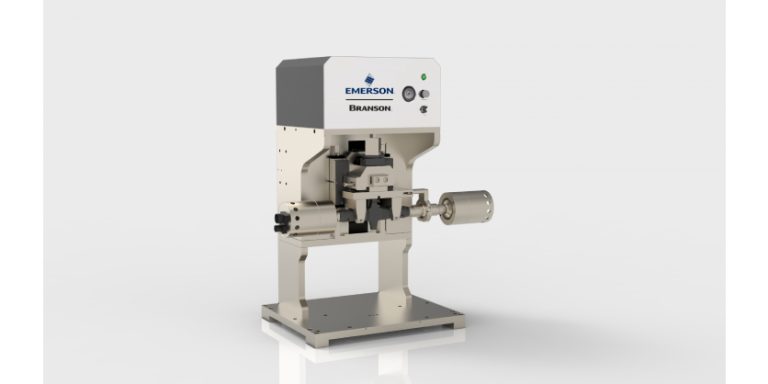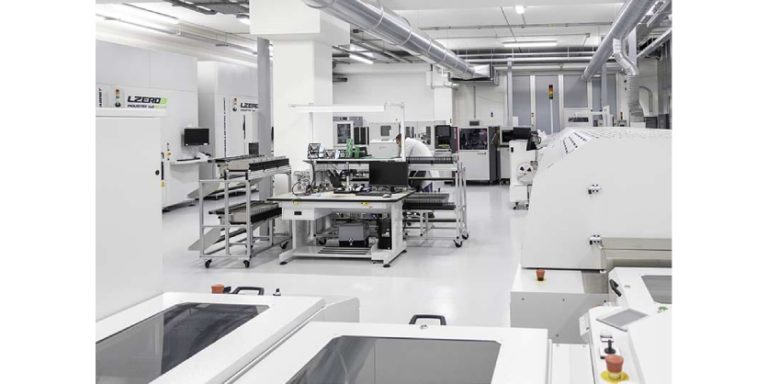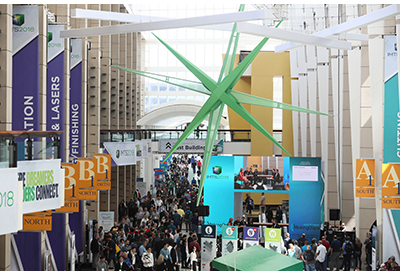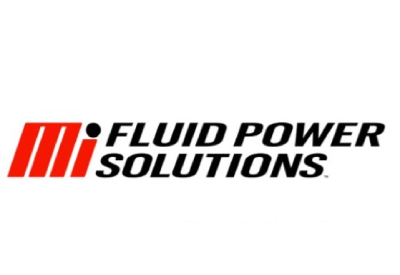ABB Invests in Direct Current Microgrid Start-Up Direct Energy Partners to Accelerate Energy Transformation in 2023
March 20, 2023
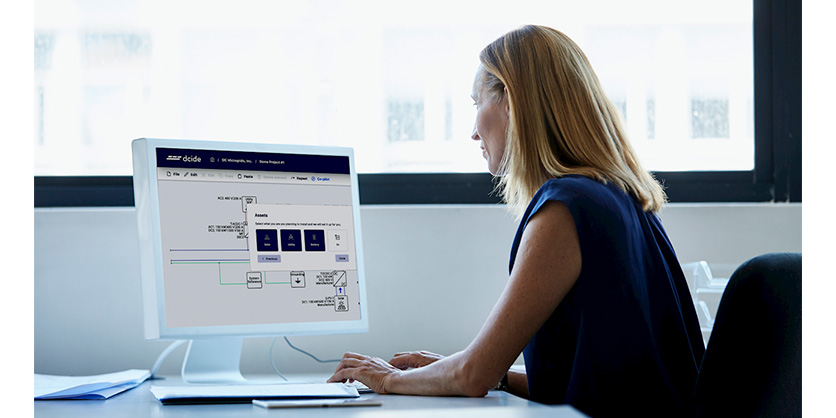
- Direct Current (DC) energy networks will play key role in the energy transformation
- Direct Energy Partners software platform automates DC microgrid design and sourcing processes
- Partnership strengthens ABB’s technology leadership in key future growth market
ABB is entering into a strategic partnership with Direct Energy Partners (DEP), a start-up using digital technology to accelerate adoption of Direct Current (DC) microgrids. The partnership involves a minority investment in Direct Energy Partners through ABB’s venture capital unit, ABB Technology Ventures (ATV). Financial details of the investment were not disclosed.
About Direct Energy Partners
DEP focuses on local energy generation and distribution with scalable DC microgrids that increase customer’s operational autonomy while reducing their overall energy and operating costs. The systems are 10 percent more efficient than the industry standard and have a 30 percent lower total cost of ownership. DEP’s DCIDE software platform streamlines the design and implementation of low-voltage DC microgrids; the digital development environment guides users to working solutions by matching designs automatically with real-world products available in its digital marketplace.
Megawatt-scale, low-voltage DC energy networks will play a key role in the energy transformation. Electric vehicles, solar generation, wind farms, battery storage, hydrogen fuel cells, LED lighting, computing and consumer electronics all either generate or consume power as DC. Distributing energy around factories, large buildings and sites using a DC microgrid will minimize the number of power conversion steps to provide higher energy efficiency, increased operational reliability and lower total cost of ownership.
“ABB is ensuring sustainable energy distribution systems are ready for this change,” said Giampiero Frisio, President, Smart Power Division at ABB. “DC microgrids will connect renewables, hydrogen and energy storage with EV charging and electronic consumers in the most efficient way possible. With the SACE Infinitus DC circuit breaker, ABB already has next-generation hardware solutions for DC microgrids performing in customer trials. Our new strategic partnership with DEP will allow us to deliver a digital platform that enables energy professionals to design and deliver DC microgrids with confidence.”
Giampiero Frisio, President, Smart Power Division at ABB
Quotes from DEP
Direct Energy Partners CEO & Co-Founder Dusan Brhlik said: “The strategic partnership with ABB brings us to the next level in our mission to accelerate the adoption of DC microgrids. As the future will be electric, decentralized and managed by power electronics. We strongly believe DC technology will play a key role in the energy transition with billions of distributed assets expected to come online in the next 30 years.”
“We are reducing the soft costs associated with the design, engineering and implementation of DC microgrids,” said Direct Energy Partners CTO & Co-Founder Giel Van den Broeck. “DCIDE is a powerful software platform that streamlines the engineering process of DC microgrids and helps users to make smart, commercially viable decisions. DCIDE provides the much-needed expertise, so that DC microgrids can be implemented faster and cheaper.”
Direct Energy Partners CTO & Co-Founder Giel Van den Broeck
DEP has offices in Charlotte, North Carolina, USA and Aarschot, Belgium. The partnership is a further step in ABB’s strategy to expand its ecosystem of digital energy services for Direct Current applications. It follows the company’s August 2022 unveiling of the SACE Infinitus solid-state circuit breaker, an industry-first innovation and a key enabler for direct current power systems.
ATV is the venture capital unit of ABB. Since its formation in 2009, ATV has invested around $300 million into startups that are synergetic with its electrification, robotics, automation and motion portfolio.
Related Story
ABB And Hydrogen Optimized Expand Hydrogen Partnership, Including A Strategic Investment
ABB and Hydrogen Optimized Inc. (HOI), the Canadian technology innovator unlocking green hydrogen production at scale, have signed an agreement to expand the companies’ existing strategic relationship. This includes an investment by ABB into Key DH Technologies Inc. (KEY), the parent company of HOI, as they seek to accelerate the fast-emerging green hydrogen production segment with unique large-scale architecture.


